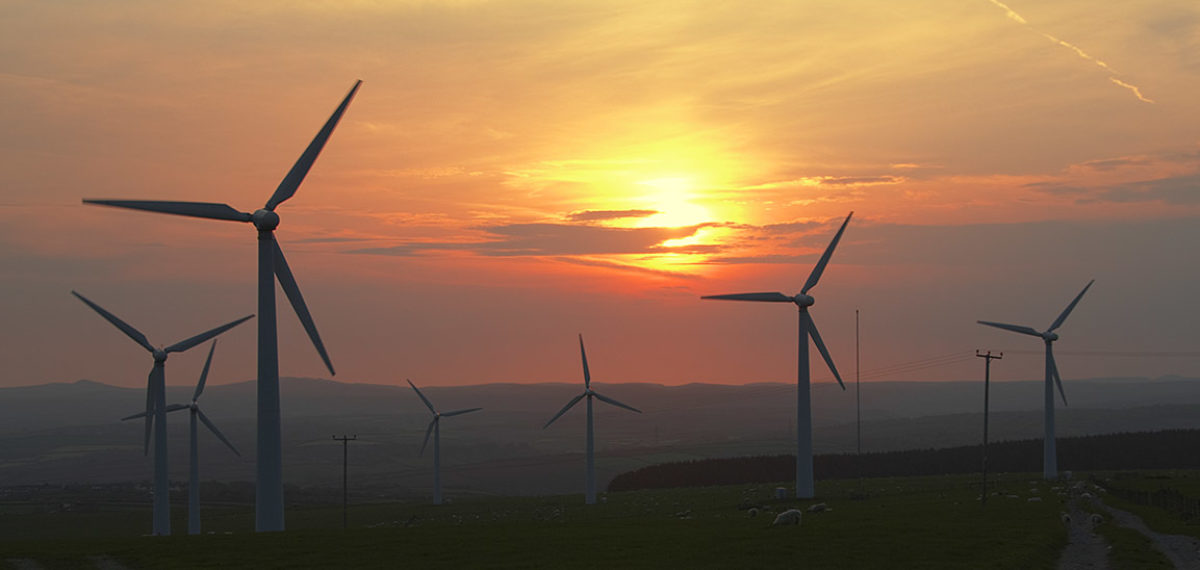In a decentralised energy system energy supply is mainly produced independently of centralised control. In this system balancing and energy storage take on a new, and in some ways, much more important role compared to the old paradigm of centralised dispatch.
For a compact but well-rounded discussion which summarises the main options for long term energy storage: Options for Energy Storage :
For some examples of intra-day storage options, see here: demand side response and storage
Cassarino and Barratt set out how the amount of energy storage needed in a given year to maintain a 100% renewable energy system can be reduced by large amounts by either ‘overcapacity’ of renewables or increasing the amount of international electricity. But large amount of storage will still be needed to cope with at least inter-seasonal storage to deal with windless/sunless weeks during the year (which will be more than three weeks’ worth of annual production).
Our own study, produced by the LUT Team, assumed that inter-annual differences in renewable energy production (ie on top of inter-seasonal differences) would be tackled mostly with long-term storage. Hence storage is required that will be equivalent to the bulk of a year’s production (ie much longer than would be required just to deal with inter-seasonal differences in production). But this level of storage can be built up gradually over numerous years. An important feature of the study to be understood is that it is assumed that demand for transport through motor vehicles and aircraft travel will continue to expand. If, for example, electric battery planes become common by 2050, then energy demand would be significantly lower than what is projected because electric planes would use a great deal less energy than the green synthetic fuels otherwise assumed for air travel. You can see the results of the LUT study HERE.
On the other hand, a different study argues that if much higher levels of assumed ‘overbuild’ of renewable energy are achieved, then total storage requirements can be brought down to around a month. See link HERE.
The Royal Society has produced a comprehensive heavyweight review of storage options for electricity based on an all-renewable energy scenario. See HERE The Royal Society Study assumes (in something of a contrast to the LUT study) a greatly reduced (some say unrealistically low) UK energy demand. It also assumes offshore wind will provide the majority of energy output. Hydrogen produced by electrolysers appears to be the main recommended storage vector, although various others are reviewed.
So what’s cheapest for 100% renewable energy? Renewable capacity overbuild or full inter-annual storage? Answer: our current guess is that they are probably much the same cost! – but both much cheaper than the Government’s path to net zero by 2050! Of course see more discussion on the main options for long term energy storage: Options for Energy Storage
Mark Barrett has set out a critique of the Sizewell C project in a statement published here by the Claverton Group.
You can see the youtube recording of our seminar on 100percent renewable energy for the UK held in London on April 22nd 2023 HERE
Speakers at the event were: introduction by Caroline Lucas MP, David Toke, Ian Fairlie (both 100percentrenewableuk), Professor Christian Breyer (LUT University),, Dr Doug Parr (Greenpeace), Alethea Warrington (Possible), Rianna Gargiulo (Friends of the Earth and Divest UK), Charmian Larke (Atlantic Energy), Jonathon Porritt, Professor Mark Barrett (UCL), Professor Dave Elliott, Professor Nick Eyre (University of Oxford), Alison Downes (Stop Sizewell C), Kate Hudson (CND), Rupert Meadows (PowerforPeople) and Dave Andrews (Claverton Group)
MOST RECENT: Here is the youtube link to the webinar on the subject of 100percent renewables rather than SMRs (Feb 21st 2024). This featured David Toke on Energy Revolutions, Professor Mark Jacobson (100% renewables), Alison Downes (on Sizewell C) and Prof Steve Thomas (on smrs). The youtube link is: https://www.youtube.com/watch?
Specifically, some commentary on the uselessness of SMRs presented by Professor Stephen Thomas can be picked up on another of our pages, at the blog HERE :
Here are some links, that Mark Jacobson posted during the webinar, to studies that he has done on deriving all energy services from Wind Water and Sun (WWS) : HERE, HERE, and HERE
